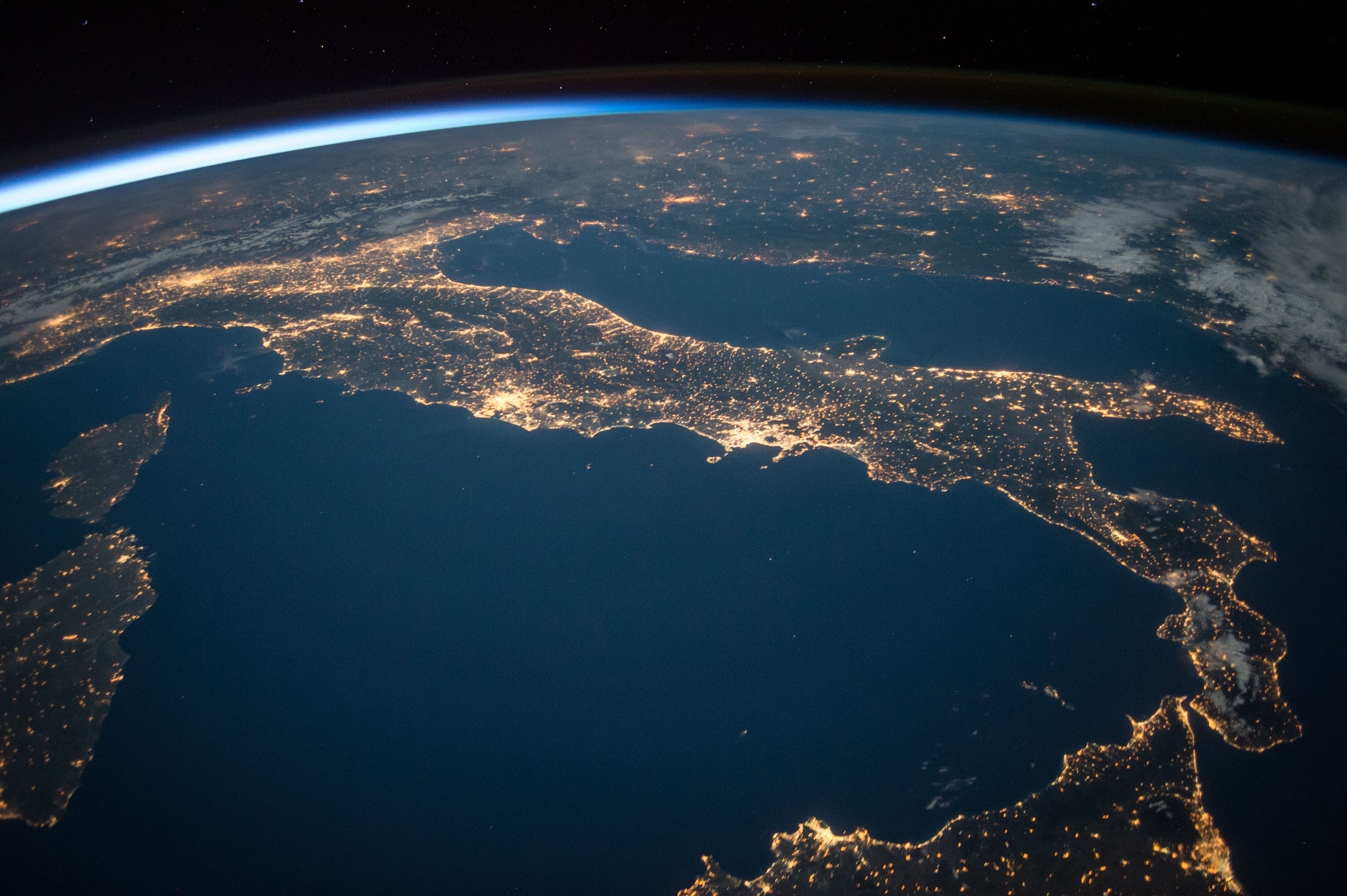Can you actually measure the emotional outpouring in a worldwide crisis? Some scientists believe they have done just that.
The Global Consciousness Project is an international, multidisciplinary collaboration of scientists and engineers. They collect data continuously from a global network of physical random number generators located in up to 70 host sites around the world at any given time. The project was created in the Princeton Engineering Anomalies Research Lab by founder Roger Nelson in 1998, and logistical support is provided by the Institute of Noetic Sciences.
Their purpose is to examine subtle correlations that may reflect the presence and activity of consciousness in the world by tracking the effects of worldwide events on the collective consciousness. Their evidence solidly suggests that there’s a connectivity between cohesive emotional outpouring of a population and the physical systems of our natural world that register of random number generators across the globe, as well as satellites measuring the magnetosphere of earth. The equipment has picked up massive spikes during events that garner worldwide attention, such as Princess Diana’s death and 9/11.
Subtle but real effects of consciousness are important scientifically, but their real power is more immediate. They encourage us to make essential, healthy changes in the great systems that dominate our world. Large scale group consciousness has effects in the physical world. Knowing this, we can intentionally work toward a brighter, more conscious future.
If you’re ready to get your hands dirty, you can participate in one of these large-scale meditation events coming up on January 13, 2022. The “Fire the Grid 2” event will take place at 11:11 GMT for one hour with the purpose of raising humanity’s energy field frequency to assist with the Ascension of our planet and race. Find out more about the event HERE.
Discover more about the Global Consciousness Project HERE. You can also view these interviews with researcher and founder Roger Nelson and IONS’s chief scientist Dean Radin.


